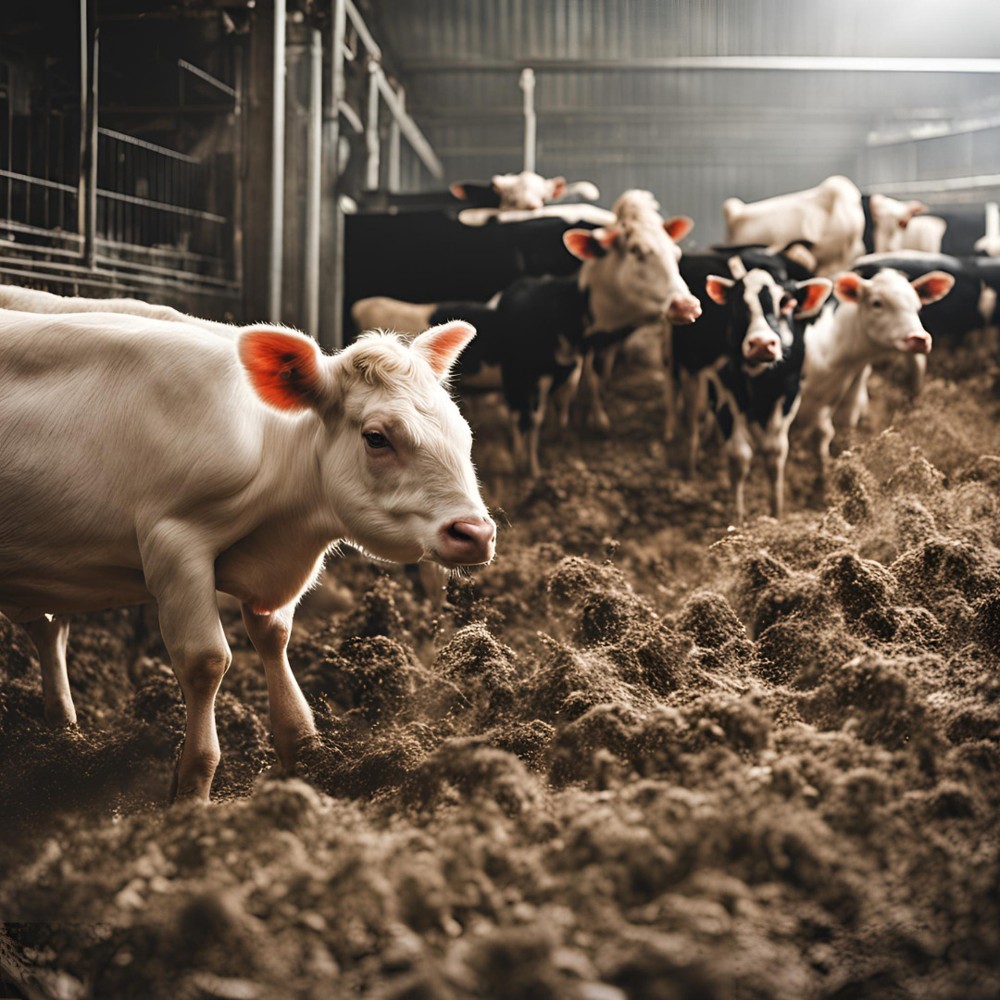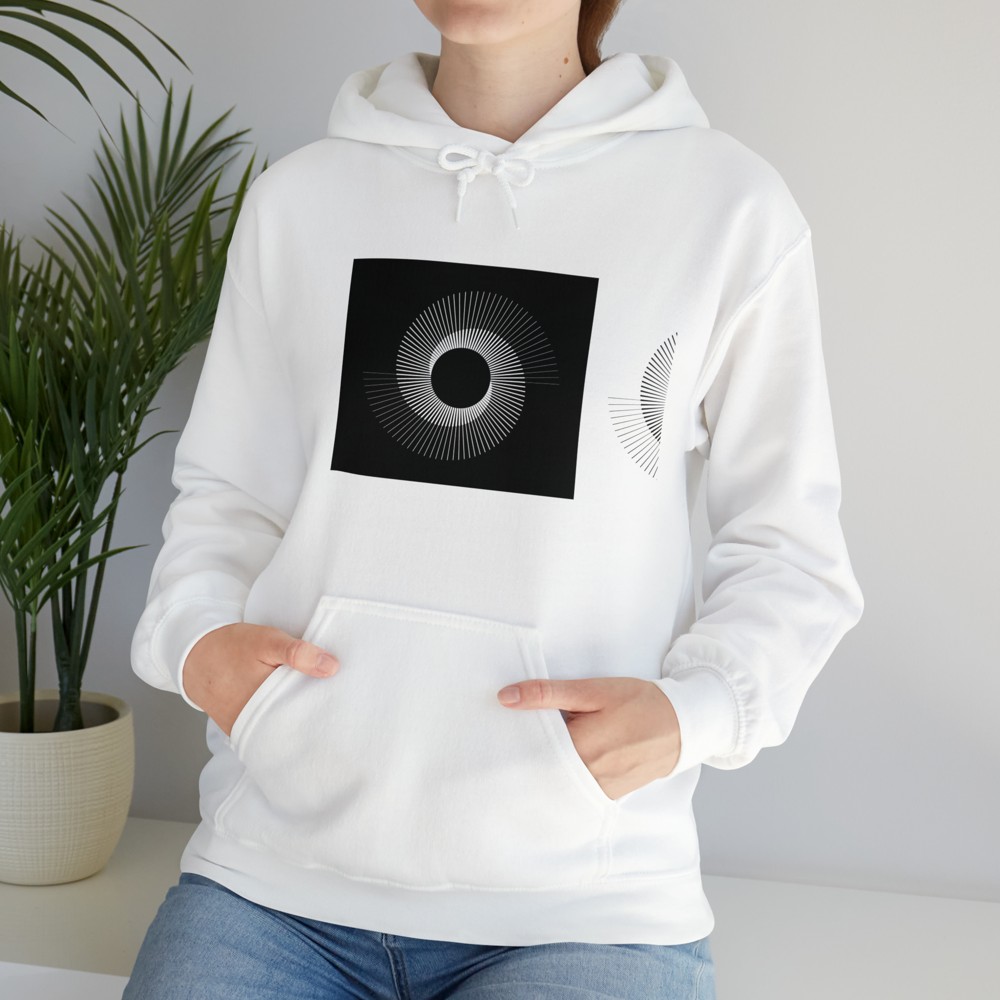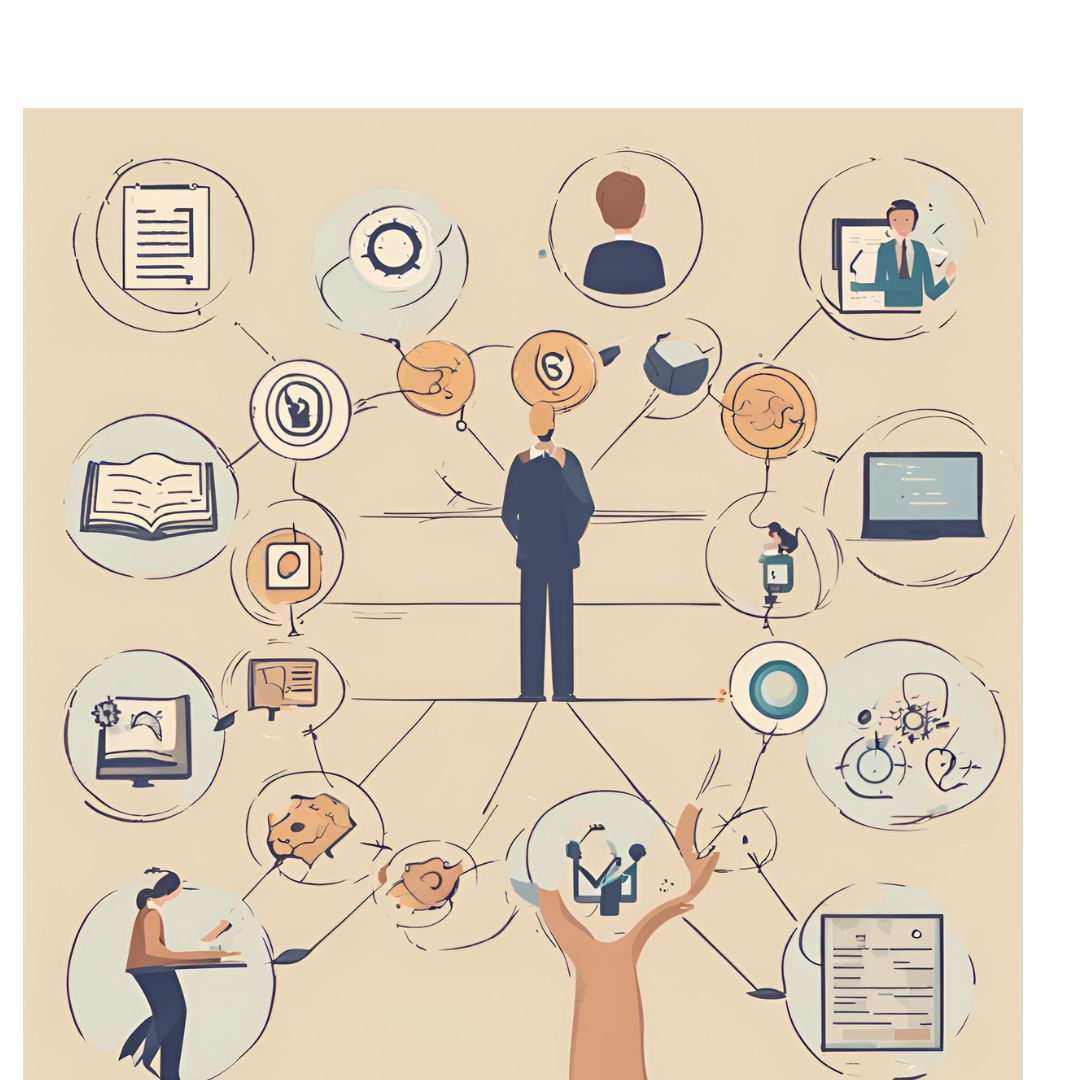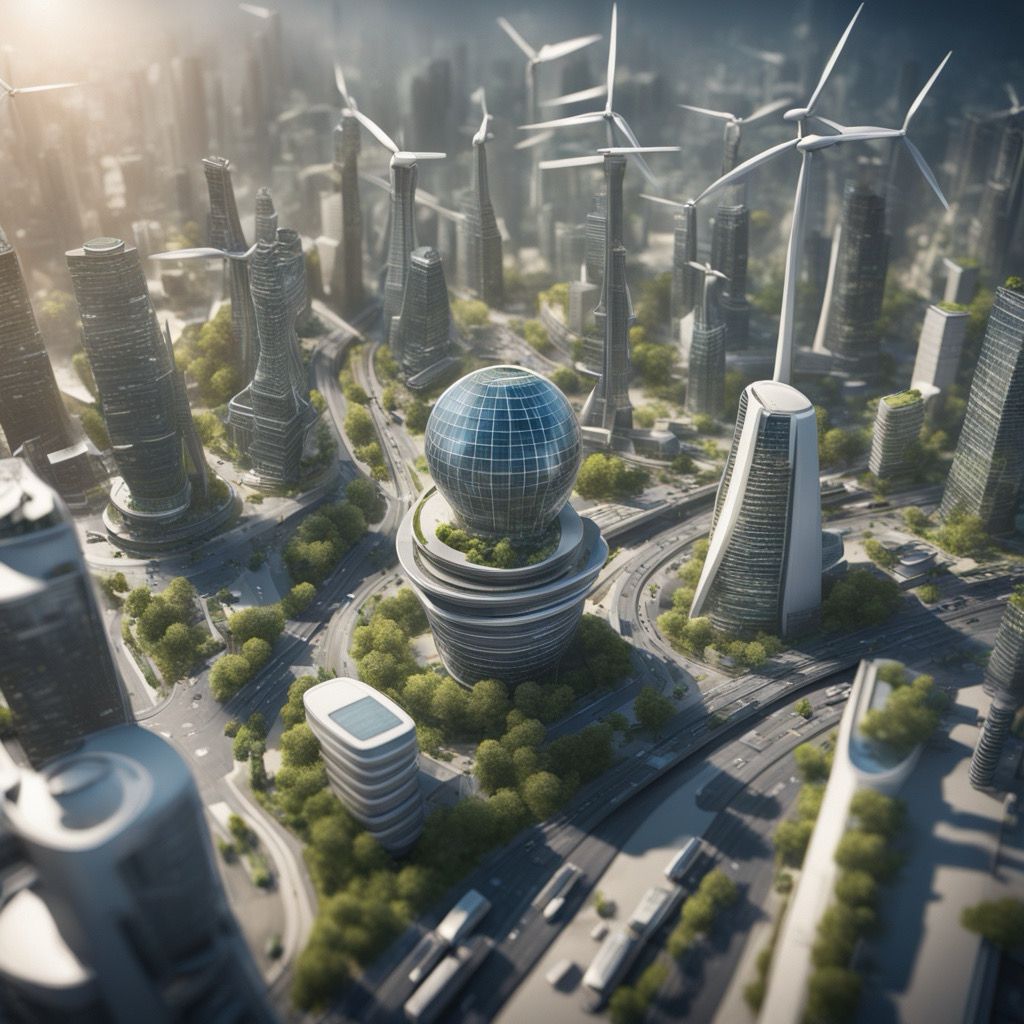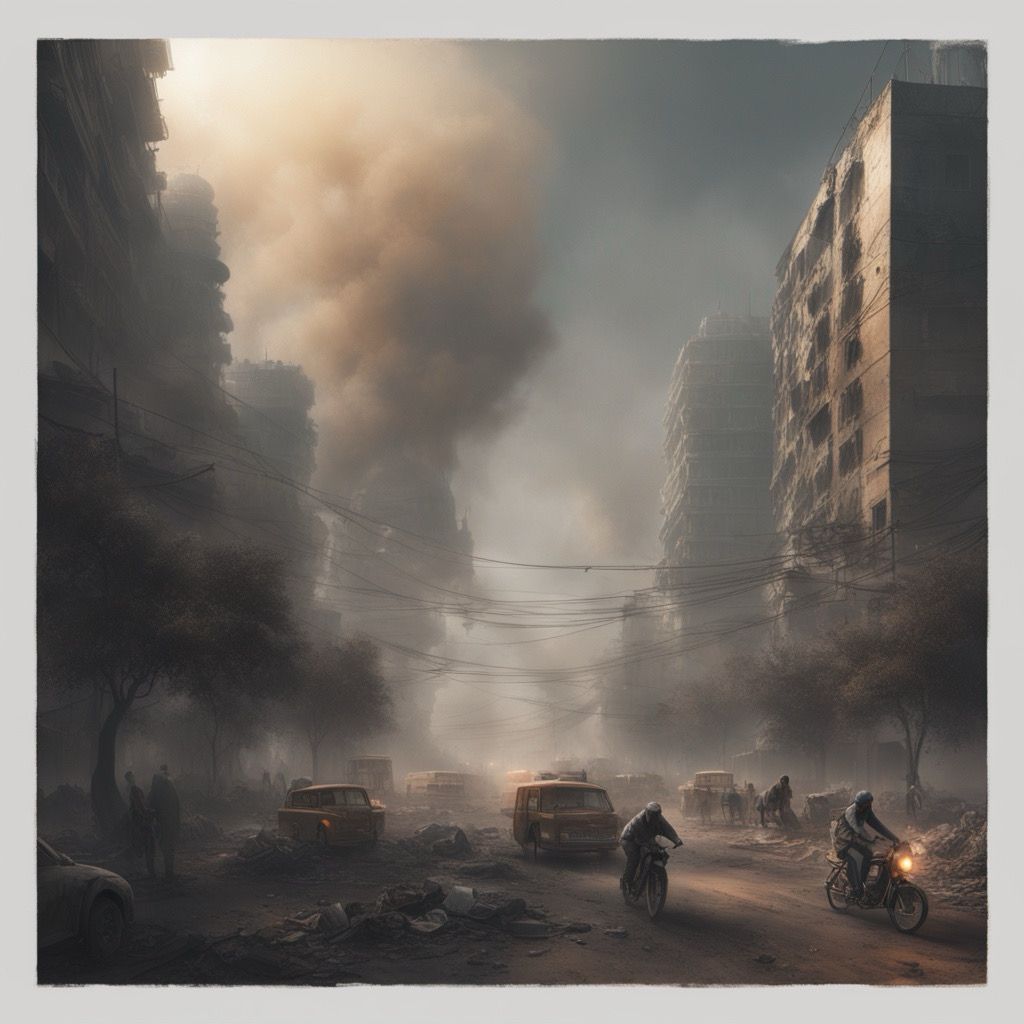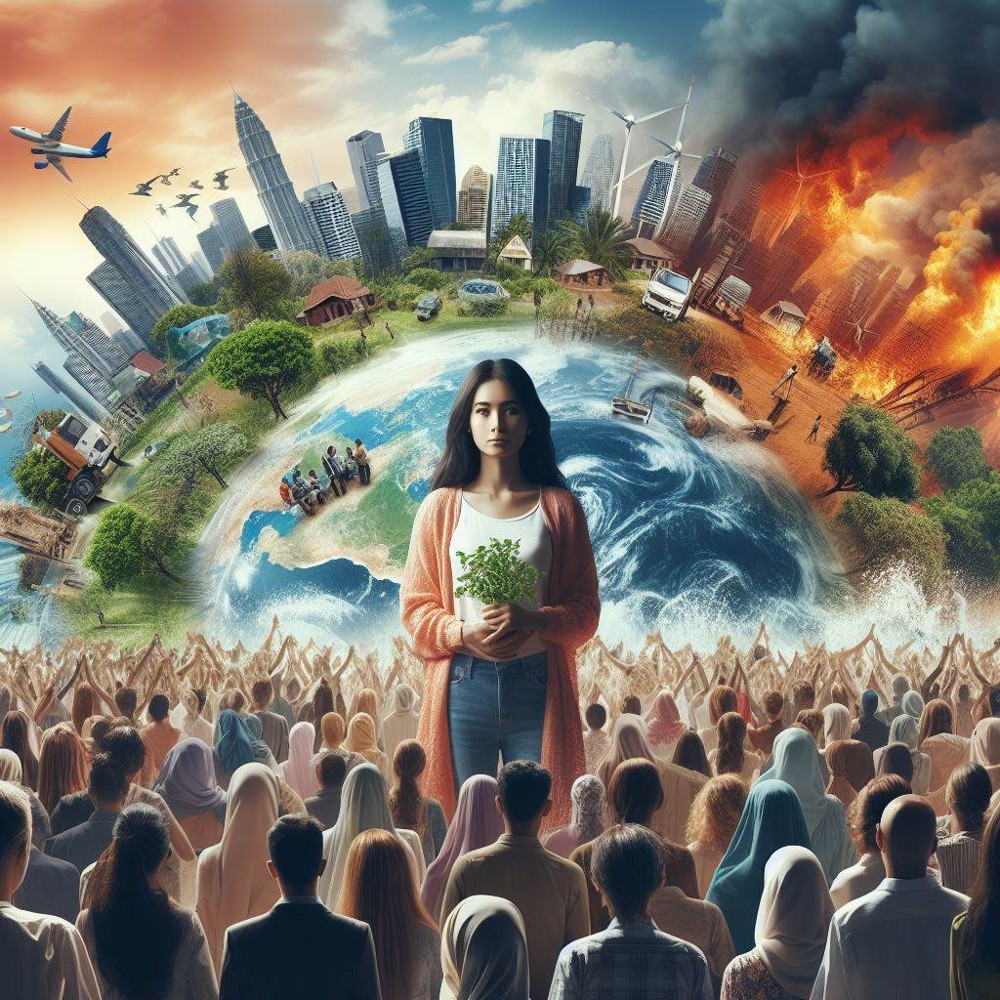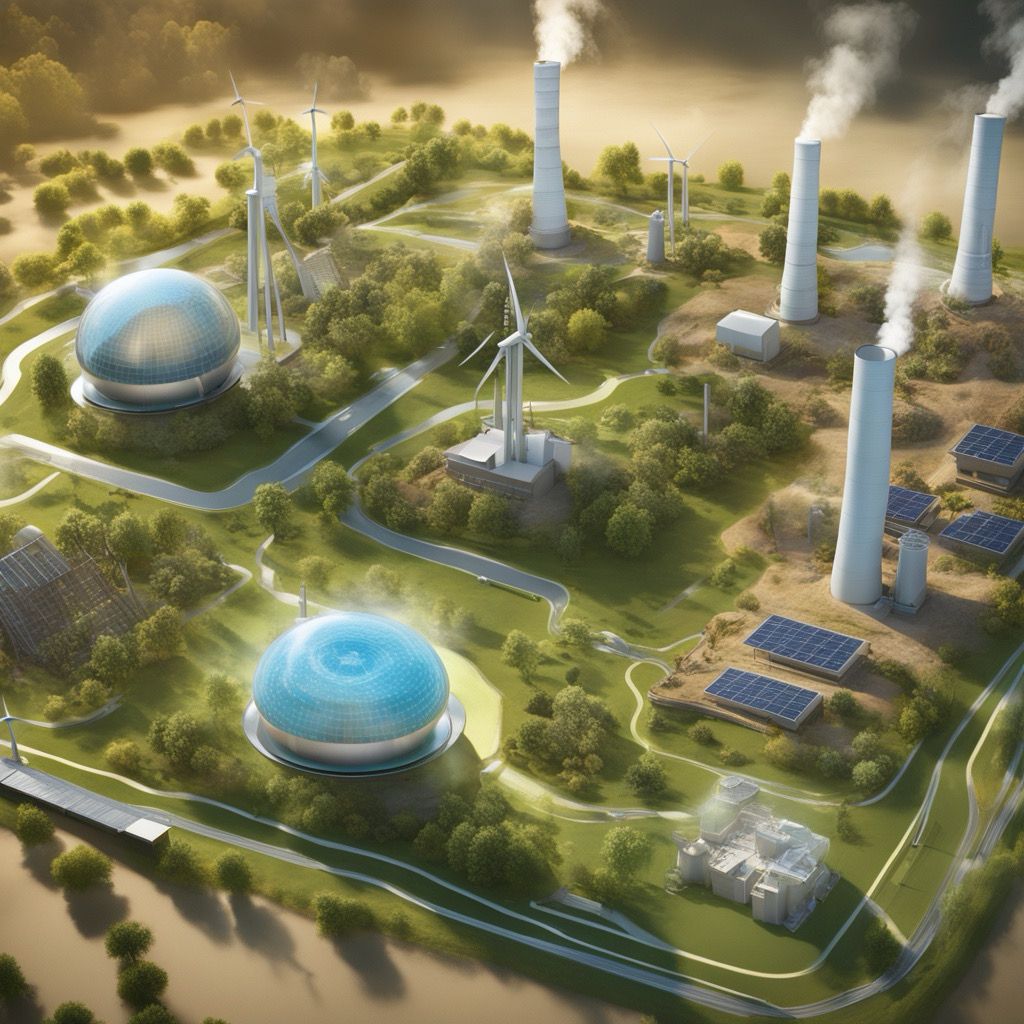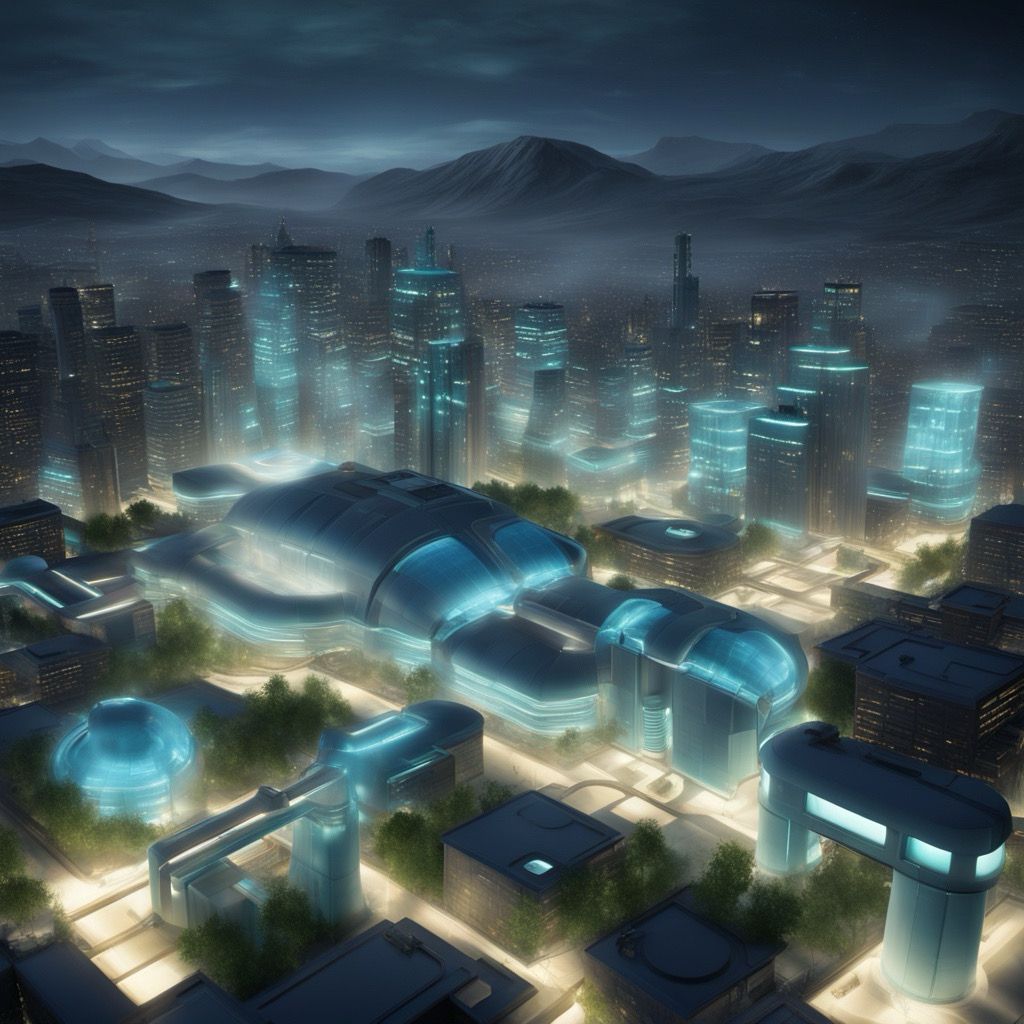Did you know that animal agriculture is the leading cause of deforestation in the Amazon rainforest, responsible for a staggering 80% of the destruction? Every burger or steak we consume contributes to this environmental catastrophe, as vast swathes of land are cleared to make way for cattle ranches and soybean plantations to feed livestock.
But deforestation is just the tip of the iceberg. Animal farming is also a major contributor to greenhouse gas emissions, accounting for a whopping 14.5% of global emissions. This is more than the entire transportation sector combined. The methane and nitrous oxide emitted by livestock are far more potent than carbon dioxide, trapping heat in the atmosphere and accelerating climate change.
Water is another casualty of animal farming. It takes thousands of liters of water to produce just one kilogram of meat, leading to water scarcity in many parts of the world. Furthermore, the runoff from farms, laden with animal waste and chemicals, pollutes our rivers and lakes, threatening aquatic life and contaminating our drinking water.
The impact on biodiversity is equally devastating. As animal agriculture expands, habitats are destroyed, pushing countless species to the brink of extinction. According to a recent study, livestock production is the leading cause of species extinction, outpacing even habitat destruction by logging and mining.
But perhaps the most shocking consequence of animal farming is the rise of antibiotic-resistant bacteria. The rampant use of antibiotics in livestock to promote growth and prevent disease has led to the emergence of superbugs that are resistant to treatment. This poses a serious threat to human health, with antibiotic-resistant infections already causing thousands of deaths each year.
In conclusion, the unseen cost of animal farming on our planet is staggering. It's time to wake up to the harsh reality of our food choices and take action to mitigate the damage. By reducing our consumption of animal products and supporting sustainable agricultural practices, we can help protect our planet for future generations. The choice is ours.
